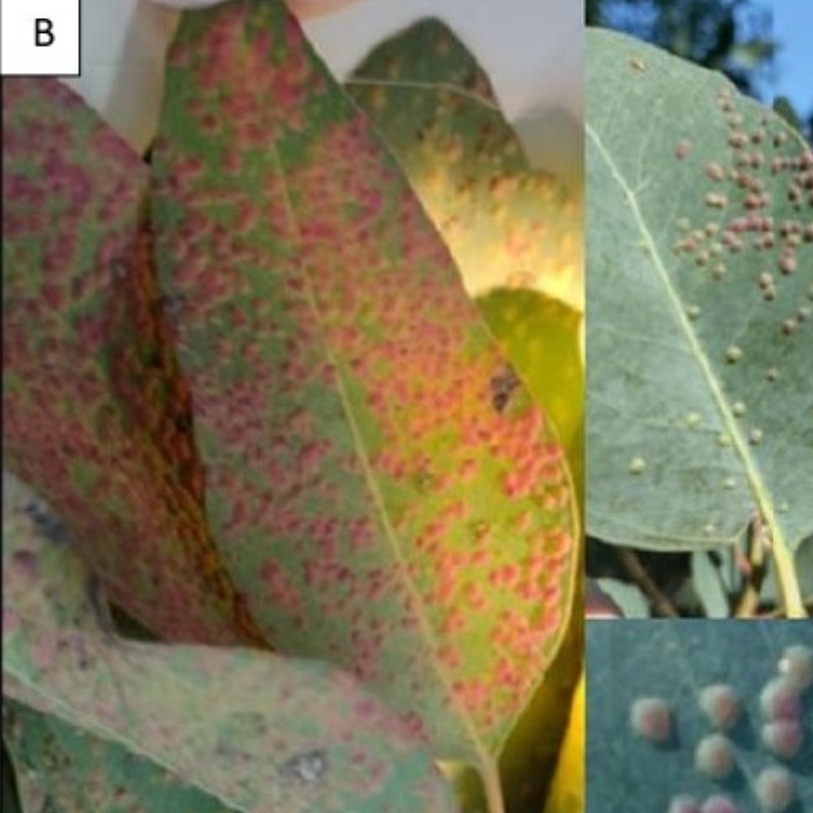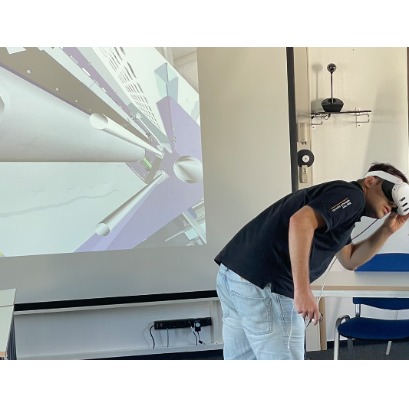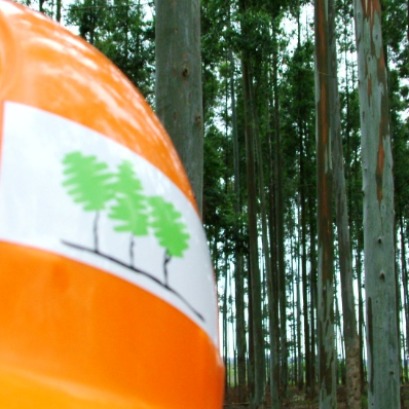
Forest pests | Study undoneing damage to the stubstant of the leaves of the eucalyptus and their associated parasitoids
Rocío Buyatti, Carmen M. Hernández, Lucas Candás and Silvia López of the National Institute of Agricultural Technology (INTA), Center for Research in Veterinary and Agronomic Sciences (Cicvya), Institute of Microbiology and Agricultural Zoology (IMYZA) of Hurlingham, Province of Good AIRES, share the results of studies that carry out for the identification and management of the pest. There are numerous species of insects, associated with eucalyptus, which are originally from Australia, and that invaded the rest of the world transforming into important pests. Among them are defoliators and stirring insects
In this article we will focus on the species of the genus Ophelimus inducing guts in eucalyptus. But what are the guts? They are anomalous structures that are developed in the tissues or organs of plants in response to the presence of certain inducing insects. Morphological and physiological both in plant tissues. Inducting insects find in the guts shelter and food. , parasitoid (which parasitate and develop at the expense of other insects) and hyperparasitoids (which parasitate the parasitoids). Actually, the group of ecology and biological control of pests of the imyza (INTA Castelar) is studying the wasps of the genus Ophelimus that They induce guts on the leaves of eucalyptus. In Argentina, at least two species of this genus have been identified. Studies are being carried out to evaluate aspects of the biology and ecology of these pest species, relevant for identification and management. The species Ophelimus maskelli is one of the most studied worldwide. In intense attacks, eucalyptus leaves are densely covered with guts and trees can have serious levels of discarding and premature fall of leaves. In 2013, the presence of O. Maskelli was reported together with its biocontroller, the closterocerus chamaeleon parasitoid in Eucalyptus camaldulensis. It has not yet been identified at the specific level, so we call it OPHELIMUS SP.I 1 mm). Likewise, the guts produced by both species differ in their external morphology which allows them to be recognized in the field. Airs, with the aim of identifying the species of the genus Ophelimus, their biocontrollers and determining their abundances.These activities are framed in a doctoral scholarship granted by CONICET to Ms. Rocío Buyatti, under the direction of Dr. Silvia López and co -direction of Dr. Carmen Hernández.
IT MAY INTEREST YOU
 Real and virtual commissioning: Hymmen leverages digital twins to improve project management efficiency.
Real and virtual commissioning: Hymmen leverages digital twins to improve project management efficiency.
Bielefeld, 1�/22/25 – The ideal scenario is one in which a production plant functions perfectly even before commissioning. However, a more detailed analysis of plant projects often reveals a different reality: unexpected challenges often arise during on-site commissioning that must be resolved with considerable deadlines. Hymmen demonstrates how digital twins can offer a solution. By simulating the production process in advance on a 1:1 scale and taking into account all relevant variables, this technology allows timely intervention at critical points.
 Unprecedented Forest Crisis: with 8.1 million hectares destroyed, the goal of zero deforestation is in danger
Unprecedented Forest Crisis: with 8.1 million hectares destroyed, the goal of zero deforestation is in danger
A new report warns that the planet is experiencing an unprecedented forest crisis. In 2�24, forests suffered large-scale destruction with a permanent loss of almost 8.1 million hectares worldwide.
 Between Rivers | Everything ready for the traditional INTA Concordia and AIANER Forestry Days
Between Rivers | Everything ready for the traditional INTA Concordia and AIANER Forestry Days
The traditional Entre Ríos Forest Days, which this year celebrate their 39th edition, will take place on November 7 from 8 a.m. to 6 p.m. at the INTA Concordia facilities, located at Yuquerí Station and Railway tracks.




















